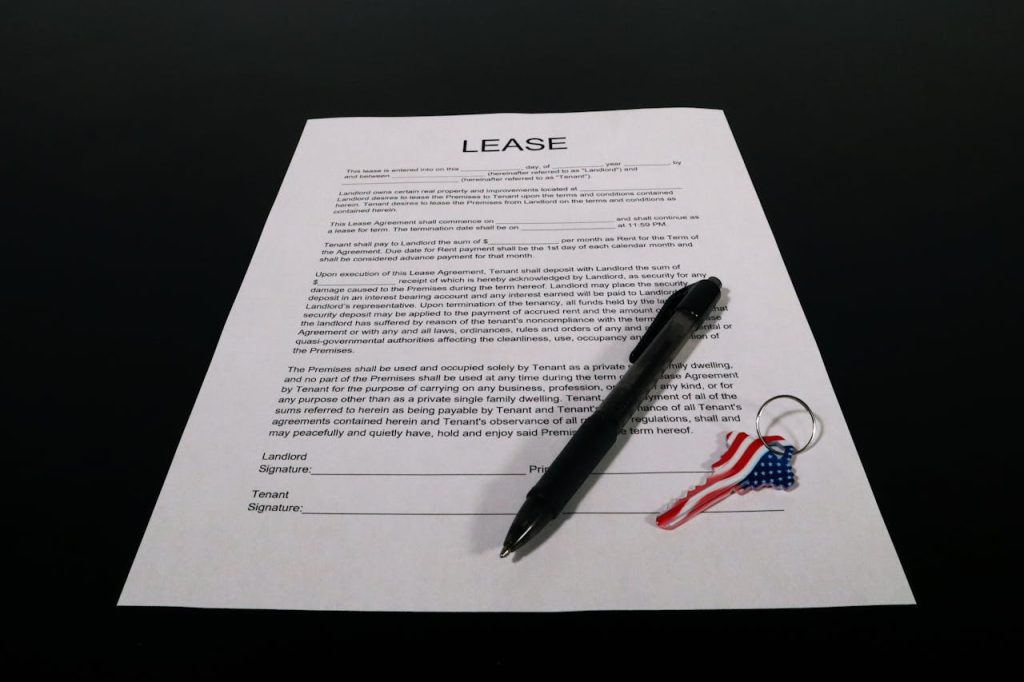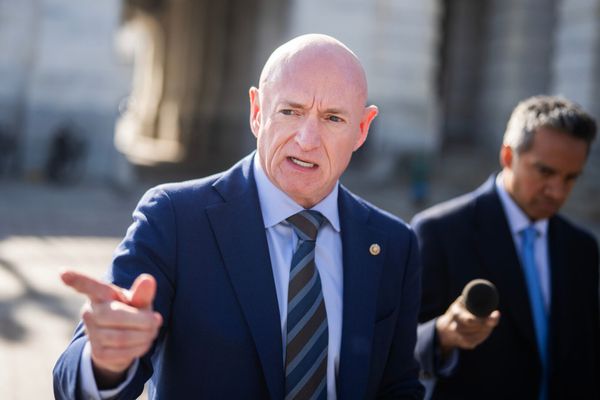
The image of wealthy people owning sprawling estates and luxury condos is deeply rooted in our culture. But a growing number of high-net-worth individuals are opting to rent rather than buy. This shift raises an interesting question: could wealthy people really be saving money by renting instead of buying? While it might seem counterintuitive, there are several reasons why renting can actually be a smart financial move—even for those who can afford to purchase their dream home outright. Let’s explore the financial and lifestyle factors driving this trend and see how renting can sometimes come out ahead.
1. Flexibility in a Changing Market
One of the biggest advantages of renting instead of buying is flexibility. The real estate market can be unpredictable, with prices soaring one year and dipping the next. Wealthy people who rent aren’t tied down to one location or locked into a potentially depreciating asset. If job opportunities, family needs, or lifestyle preferences change, renters can move more easily. This flexibility is especially valuable in high-end markets where property values can swing dramatically. By renting, wealthy individuals avoid the risk of owning a home that might lose value and can adapt quickly to life’s changes.
2. Lower Upfront and Ongoing Costs
Buying a luxury home often requires a large down payment, closing costs, taxes, and maintenance expenses—all of which can add up quickly. Renting, on the other hand, usually requires just a security deposit and the first month’s rent. While monthly rents for high-end properties aren’t cheap, they can be less expensive than the combined costs of homeownership.
For example, property taxes, insurance, and upkeep for a multi-million-dollar home can easily run into six figures annually. By renting, wealthy people can avoid these ongoing costs and instead invest their capital elsewhere, potentially earning a higher return. This is a key reason why saving money by renting instead of buying has become an attractive option for many with substantial assets.
3. Investment Opportunities Elsewhere
For the wealthy, tying up millions in a single piece of real estate can mean missing out on other investment opportunities. By renting, they keep their capital liquid and free to invest in stocks, bonds, startups, or other ventures that might offer better returns. This strategy can be far more lucrative than relying on home appreciation alone.
Consider that the average historical return on U.S. real estate is around 3–4% annually, while long-term stock market returns typically range from 7–10%. By choosing to rent, wealthy people can allocate their money where it works hardest for them. This approach is one of the main arguments for saving money by renting instead of buying, rather than locking up funds in a single property.
4. Avoiding Hidden Costs and Hassles
Homeownership isn’t just about making mortgage payments. There are plenty of hidden costs that can catch even the most prepared buyer by surprise. Maintenance emergencies, HOA fees, property taxes, and insurance can all eat into a homeowner’s budget. For luxury properties, these costs can be especially high.
Renters, on the other hand, can usually call the landlord or property manager when something goes wrong. Repairs and maintenance are typically handled by the owner, saving renters both time and money. For those who value convenience—and who have the means to rent high-end properties—this can be a decisive factor in choosing to rent over buy.
5. Tax Implications and Deductions
Wealthy individuals often face unique tax situations. While homeowners can deduct mortgage interest and property taxes in some cases, the 2017 Tax Cuts and Jobs Act placed new limits on these deductions. For many high-income earners, the tax benefits of homeownership aren’t as significant as they once were.
Additionally, renting can simplify tax filings by eliminating the need to track deductible expenses related to a home. Some wealthy renters may also benefit from investing in assets that offer more favorable tax treatment, like municipal bonds or certain business ventures.
6. Access to Premium Properties Without Long-Term Commitment
Luxury rentals often include amenities like doormen, fitness centers, pools, and concierge services—without the long-term commitment of ownership. Wealthy renters can enjoy the perks of high-end living without worrying about resale value or market timing. This is especially appealing in cities where prime real estate is scarce or prices are volatile.
Renting also allows wealthy individuals to “test drive” neighborhoods or properties before making a permanent decision. This can be a smart way to ensure a good fit before committing millions to a purchase.
What This Means for Your Financial Strategy
The idea of saving money by renting instead of buying isn’t just for those who can’t afford to purchase a home. More wealthy people are recognizing the financial and lifestyle benefits of renting, from flexibility and lower costs to better investment opportunities. Renting can also reduce the stress and unpredictability that sometimes comes with homeownership—especially in luxury markets.
If you’re evaluating your own housing options, consider both the financial math and the lifestyle implications. For some, owning a home is still the right move. But for others, renting might just be the smarter way to build—and keep—wealth. Curious about the numbers?
Do you think wealthy people are making the right choice by renting instead of buying? Share your thoughts in the comments below!
What to Read Next…
- 9 Times It’s Smarter To Rent Than Buy Even Long Term
- 8 Things Rich People Never Finance And You Shouldn’t Either
- How A Rental Property In The Wrong State Can Wreck Your Tax Bracket
- 6 Trends That Suggest The Middle Class Is Dying In Suburbia
- 8 Real Estate Mistakes That Erode Wealth Before Retirement Ever Starts
The post Could Wealthy People Really Be Saving Money By Renting Instead of Buying appeared first on The Free Financial Advisor.







